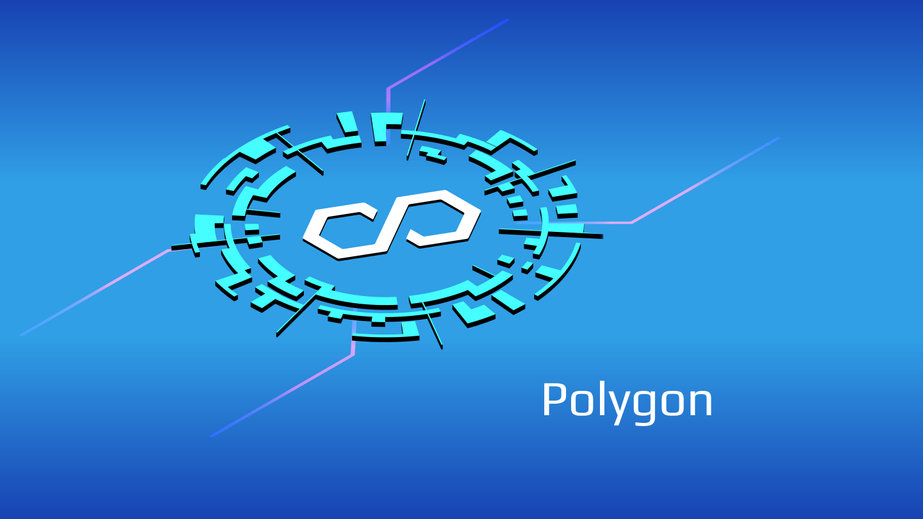Decentralized finance (DeFi) has emerged as a disruptive force in the financial industry, enabling open and permissionless access to financial services. Within the DeFi ecosystem, governance plays a crucial role in decision-making, protocol upgrades, and ensuring the sustainability and security of the ecosystem. In this article, we will explore the function of governance in the decentralized finance ecosystem, its importance, challenges, and considerations.
Understanding Decentralized Finance (DeFi)
Decentralized finance, or DeFi, refers to the use of blockchain technology and cryptocurrencies to recreate traditional financial systems in a decentralized and transparent manner. DeFi platforms enable individuals to access financial services, including lending, borrowing, staking, and trading, without relying on intermediaries.
The Importance of Governance in DeFi
Governance is of paramount importance in the DeFi ecosystem for several reasons:
Decentralized Decision-Making: Governance allows for decentralized decision-making, ensuring that the power is distributed among participants rather than concentrated in the hands of a few.
Protocol Upgrades: Governance enables the community to propose and implement protocol upgrades, improving functionality, security, and addressing emerging challenges.
Security and Risk Management: Effective governance mechanisms help identify and mitigate security risks, ensuring the integrity and stability of the ecosystem.
Alignment of Incentives: Governance aligns the incentives of participants by allowing them to have a say in the direction and development of the ecosystem, fostering a sense of ownership and commitment.
Community Engagement: Governance encourages community engagement, fostering collaboration, transparency, and accountability within the ecosystem.
What is Governance in DeFi?
Governance in DeFi refers to the process of making decisions, proposing changes, and managing the operation and development of the ecosystem. It involves creating and implementing rules, protocols, and incentives that guide the behavior of participants and ensure the smooth functioning of the system.
The Role of Governance Tokens
Governance tokens are an essential element of DeFi governance. These tokens grant holders the right to participate in the decision-making processes of the ecosystem. By holding governance tokens, users can propose and vote on changes, upgrades, and the allocation of resources within the ecosystem.
Governance tokens also serve as a means of incentivizing participation and aligning the interests of stakeholders. Token holders can earn rewards or governance rights for actively participating in the governance processes.
Types of Governance Models
Various governance models exist within the DeFi crypto ecosystem. Some common models include:
Token Voting: Token holders use their voting power to propose and vote on changes or upgrades. Voting power is usually proportional to the number of tokens held.
Liquid Democracy: Token holders can delegate their voting power to trusted individuals or entities, allowing for more flexible and efficient decision-making.
Quadratic Voting: Quadratic voting assigns voting power based on the square root of the number of tokens held, aiming to give smaller stakeholders a stronger voice.
Futarchy: Futarchy combines prediction markets and voting to determine the best course of action. Participants bet on the outcomes of proposed changes, and decisions are made based on the prediction market's collective wisdom.
Decision-Making Processes in DeFi Governance
The decision-making processes in DeFi governance can vary depending on the governance model and platform. Some common processes include:
Proposal Submission: Any participant can submit a proposal for consideration by the community. Proposals can include changes to protocols, upgrades, or resource allocation.
Voting: After a proposal is submitted, token holders can vote on the proposal. Voting can be done on-chain or off-chain, and the voting period can vary.
Quorum and Thresholds: Some governance systems require a minimum quorum (the minimum number of tokens participating in the vote) and a threshold (the minimum percentage of tokens in favor) for a proposal to pass.
Execution: If a proposal is approved, it is executed according to the predetermined rules and mechanisms. This may involve implementing code changes, allocating resources, or making adjustments to the protocol.
Challenges and Considerations in DeFi Governance
DeFi governance faces several challenges and considerations:
Participation and Voter Apathy: Ensuring widespread participation and avoiding voter apathy is a challenge in governance processes. Engaging and incentivizing token holders to actively participate is crucial for effective decision-making.
Centralization vs. Decentralization: Striking the right balance between decentralization and efficiency is a challenge. Too much centralization can lead to concentration of power, while too much decentralization can hinder decision-making.
Technical Complexity: Governance processes often involve technical complexities, such as smart contract interactions and on-chain voting mechanisms. Simplifying the user experience and making governance more accessible is essential.
Speed and Agility: Maintaining a balance between speed and agility in decision-making and ensuring thorough deliberation can be challenging. Efficient governance processes without compromising security and careful consideration are necessary.
Regulatory and Legal Considerations: Navigating the regulatory landscape and ensuring compliance with applicable laws and regulations pose challenges for decentralized governance.
Improving Governance Effectiveness
To improve the effectiveness of governance in the DeFi ecosystem, several strategies can be employed:
Education and Awareness: Educating token holders about governance processes, the importance of participation, and the potential impact of decisions encourages informed decision-making.
Incentives and Rewards: Designing governance systems that incentivize participation through rewards, such as additional token distributions or revenue sharing, can foster engagement.
Transparent Communication: Establishing clear communication channels and providing regular updates on governance matters promotes transparency and accountability.
Iterative Improvement: Embracing an iterative approach to governance, allowing for experimentation and adjustments based on feedback and outcomes, enhances the adaptability and effectiveness of the governance system.
Examples of Successful DeFi Governance
Several DeFi projects have implemented successful governance mechanisms, including:
Compound (COMP): Compound allows token holders to propose and vote on changes to interest rates and collateral factors within the lending protocol.
MakerDAO (MKR): MakerDAO's governance involves voting on proposals related to collateral types, stability fees, and other parameters of the decentralized stablecoin system.
Uniswap (UNI): Uniswap token holders can participate in governance by voting on proposals related to protocol upgrades, fee changes, and other improvements.
The Future of DeFi Governance
As the pollux DeFi ecosystem continues to evolve, the future of governance holds several possibilities:
Improved Participation: Efforts to enhance participation and engagement through user-friendly interfaces and education will likely increase the effectiveness of governance processes.
Decentralized Oracles: Integration of decentralized oracles can enable more accurate decision-making by providing reliable external data sources for governance processes.
Layer 2 Solutions: Scaling solutions, such as layer 2 protocols, can improve the scalability and efficiency of governance mechanisms, allowing for faster decision-making.
Cross-Protocol Governance: Interoperability between different DeFi protocols can enable cross-protocol governance, allowing token holders to participate in decisions that impact multiple platforms.
Governance is a fundamental aspect of decentralized finance, enabling decision-making, protocol upgrades, and the overall sustainability of the ecosystem. Through governance mechanisms and governance tokens, participants have the power to shape the direction and development of the DeFi ecosystem. However, governance also faces challenges, including participation, centralization, technical complexity, and regulatory considerations. By implementing effective governance models, encouraging participation, and addressing these challenges, decentralized finance can continue to innovate, evolve, and transform the financial landscape.
.png)







 English (US) ·
English (US) ·